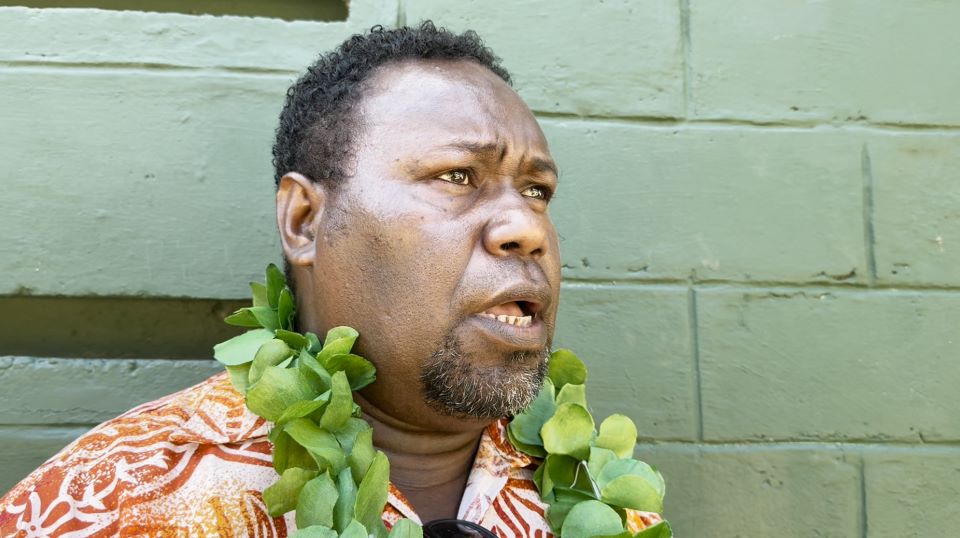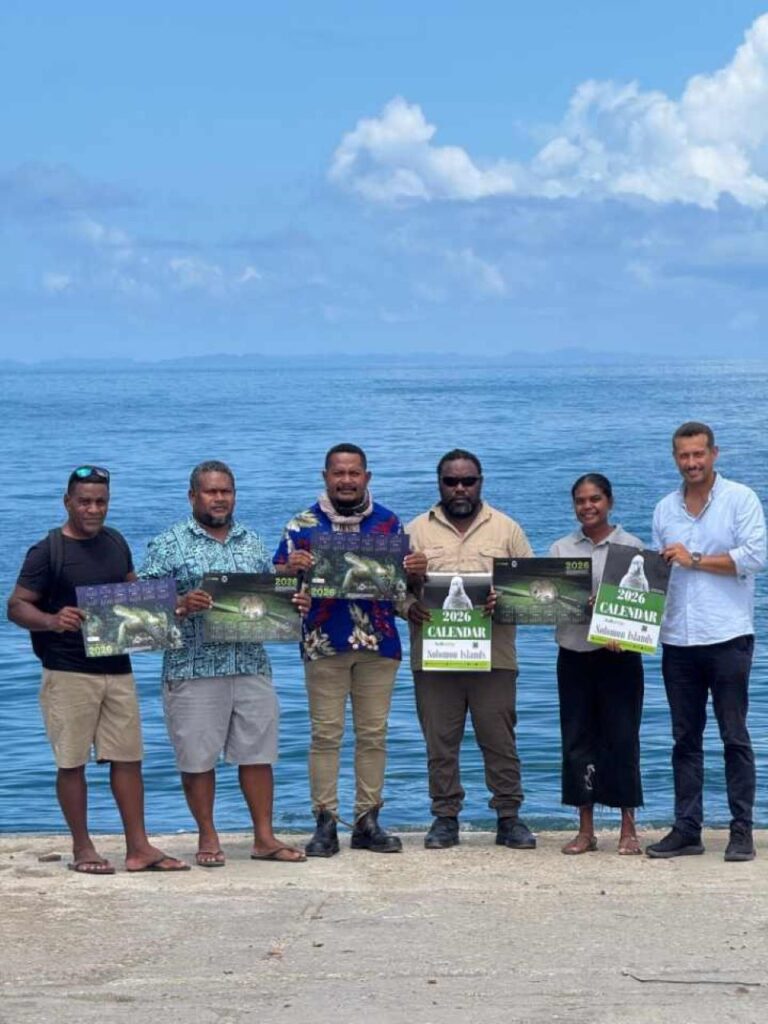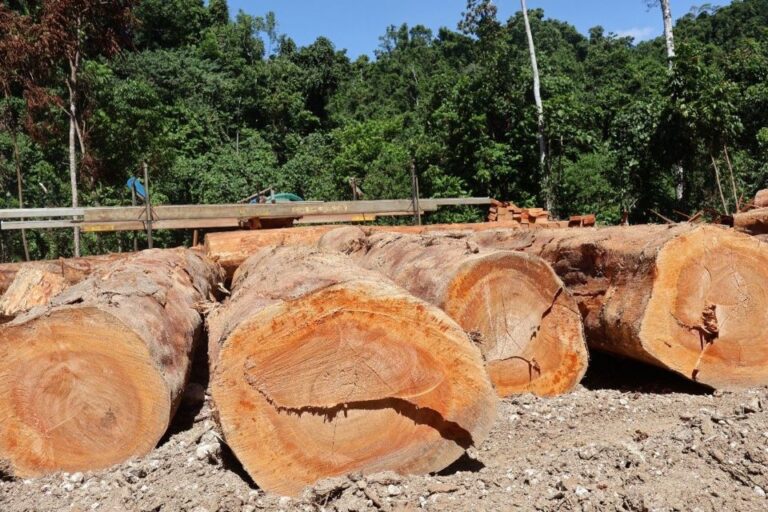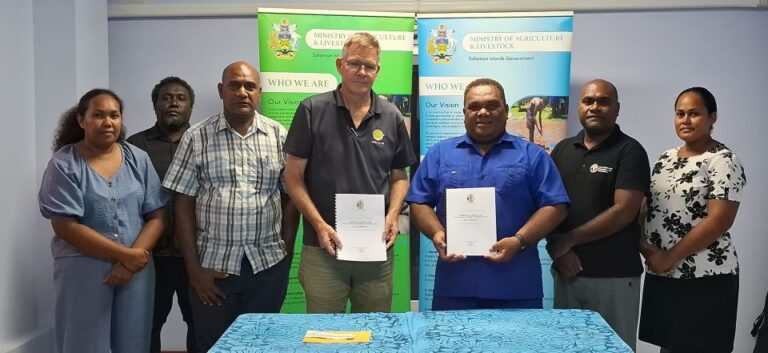BY DESMOND RAHE
Eddie Haikau Huitarau, Programme Manager for the Solomon Islands Rangers Association, recently outlined the role and importance of rangers in the country at a World Rangers Day event in July 2025.
The Solomon Islands Rangers Association (SIRA) continues to serve as a strong voice for conservation, and Huitarau’s message is clear: the work of rangers must be recognised, remembered, and respected.
“This holiday is very important, especially for people working in conservation as rangers,” said Huitarau. “We use this day to remember the men and women who protect our environment — and those who have been injured or lost their lives in the line of duty.”
World Rangers Day is observed globally every year on July 31. In the Solomon Islands, it’s a moment to reflect on the achievements and sacrifices of rangers, and to raise awareness about their vital work.
Huitarau shared that the Solomon Islands Rangers Association has been operating for nearly a decade, with community-based conservation efforts continuing to grow across the country.
“At the moment, we have about 67 community-based conservations,” he said. “Around 957 rangers are now part of those groups.”
He also acknowledged leading a grassroots initiative to preserve and document Traditional Ecological Knowledge (TEK) in Malaita Province, as well as the support of partners and collaboration with government bodies, including the Ministry of Fisheries and the Ministry of Environment.
“These rangers, both under government and non-government organizations, work together to protect biodiversity, wildlife, and natural resources across our islands,” Huitarau said.
Reflecting on the early challenges faced by the association, he explained that the journey hasn’t been easy. “We faced difficulties at the beginning. We didn’t have any clear ideas or plans, but we continued. We want to make this work sustainable for people today and for future generations.”
Huitarau said that World Rangers Day is not just about remembering the fallen, but also celebrating the hard work and success of rangers across the region.
“We also want to commemorate those who have contributed to conservation. They faced many challenges, and we recognise their bravery and dedication,” he said.
As part of the day’s event, Huitarau encouraged communities to better understand the importance of protecting nature, especially through traditional knowledge and local leadership.
“It’s good that people like us are trying to promote this kind of work,” he said. “So that community people — women, men, the elderly — can understand how important it is to protect our environment and wildlife.”




